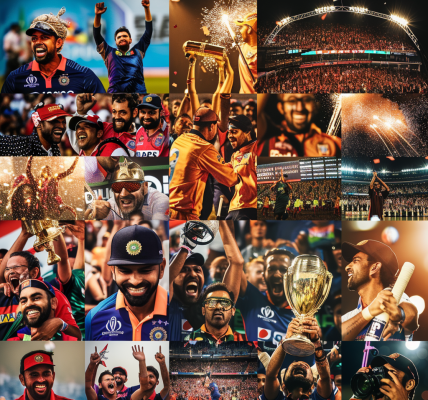In a recent incident that has sparked discussions among sports fans and ticket buyers, Craig McAllister, a resident of Vero Beach, Florida, found himself frustrated after purchasing front-row tickets for a highly anticipated spring training baseball game between the New York Mets and the New York Yankees. The game took place at Clover Park in Port St. Lucie, Florida, and McAllister paid a substantial $524 for what he believed would be an unforgettable experience.
However, upon arriving at his designated seat, McAllister was met with a significant disappointment. He discovered that a large ESPN cameraman was positioned directly in front of him, obstructing approximately 80 percent of his view of the game. Despite the excitement of the sold-out crowd, McAllister and his companions found it increasingly difficult to enjoy the game from their seats. After enduring the obstructed view for a couple of innings, they opted to stand and search for unoccupied seats as fans began leaving the game in the later innings.
Feeling shortchanged by the experience, McAllister reached out to SeatGeek, the ticketing platform from which he purchased the tickets, seeking a refund. His expectation was based on SeatGeek’s published policy, which states that any tickets sold with obstructed views should be clearly labeled as such on their site. Unfortunately, McAllister’s tickets were not marked as obstructed, leading him to believe he was entitled to a reimbursement for the entire cost of his tickets.
Upon contacting SeatGeek, McAllister was met with disappointment once again. A representative informed him that the venue does not consider the presence of a cameraman as an obstruction that warrants a refund. This left McAllister feeling frustrated and unheard, as he believed that the ticketing platform should have ensured that he was aware of any potential obstructions before making his purchase.
The situation has raised questions about the responsibilities of ticketing platforms and their obligation to provide customers with accurate information regarding their purchases. Many consumers expect transparency, especially when it comes to something as significant as a live sporting event. In McAllister’s case, the lack of clear communication regarding the obstructed view has led him to feel that he was misled.
This incident highlights the importance of understanding ticketing policies and what they mean for consumers. While platforms like SeatGeek offer a convenient way to buy and sell tickets, it is crucial for customers to be aware of the terms and conditions associated with their purchases. In McAllister’s case, the absence of a clear label indicating an obstructed view has left him questioning the integrity of the ticketing process.
Moreover, this situation has sparked discussions among sports fans regarding their rights as consumers. Many believe that ticketing companies should take greater responsibility for ensuring that customers receive the experience they paid for. The expectation is not just for a seat at the event, but for an unobstructed view that allows them to fully enjoy the game.
As the debate continues, McAllister’s experience serves as a reminder for ticket buyers to do their due diligence before making a purchase. It is essential to read the fine print and understand what is included in the ticket price. Additionally, consumers should feel empowered to voice their concerns and seek resolutions when they feel they have not received the service promised.
In the case of McAllister, his story has resonated with many who have faced similar issues at sporting events. The frustration of paying a premium price for a subpar experience is something that many can relate to. As sports continue to draw large crowds and ticket prices rise, the need for transparency and accountability in the ticketing industry becomes increasingly important.
Ultimately, the incident serves as a cautionary tale for both consumers and ticketing platforms. It underscores the need for clear communication and the importance of ensuring that customers receive the value they expect when purchasing tickets for live events. As the sports industry evolves and adapts to the demands of its audience, it will be interesting to see how ticketing companies respond to such challenges in the future.





